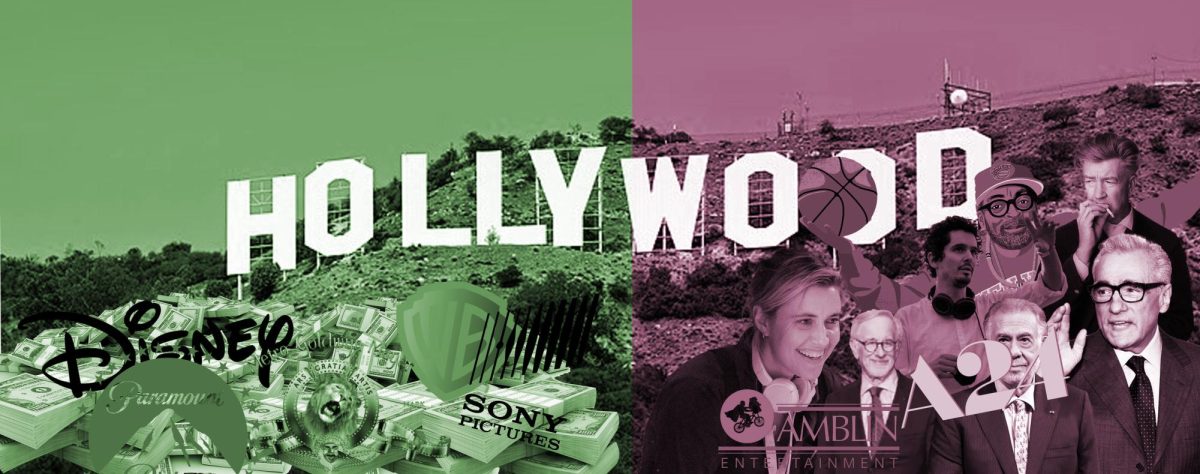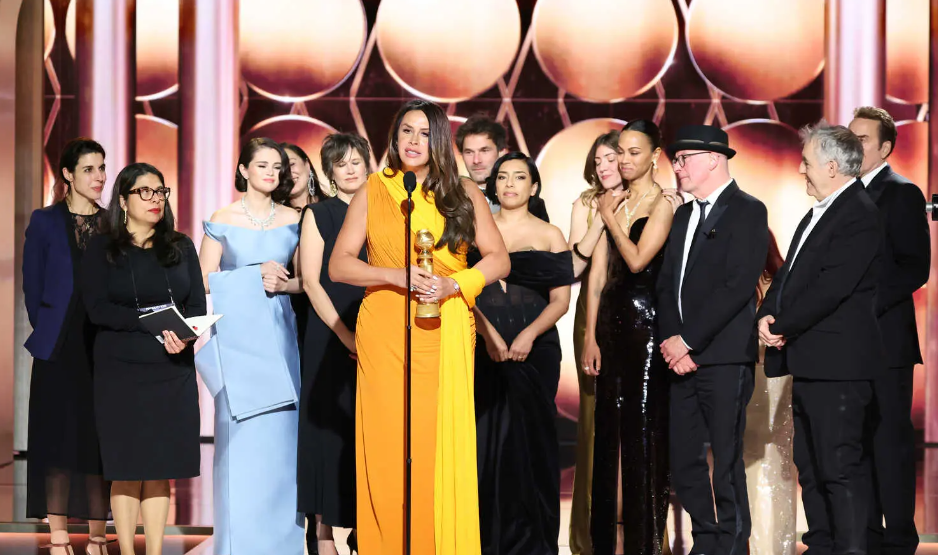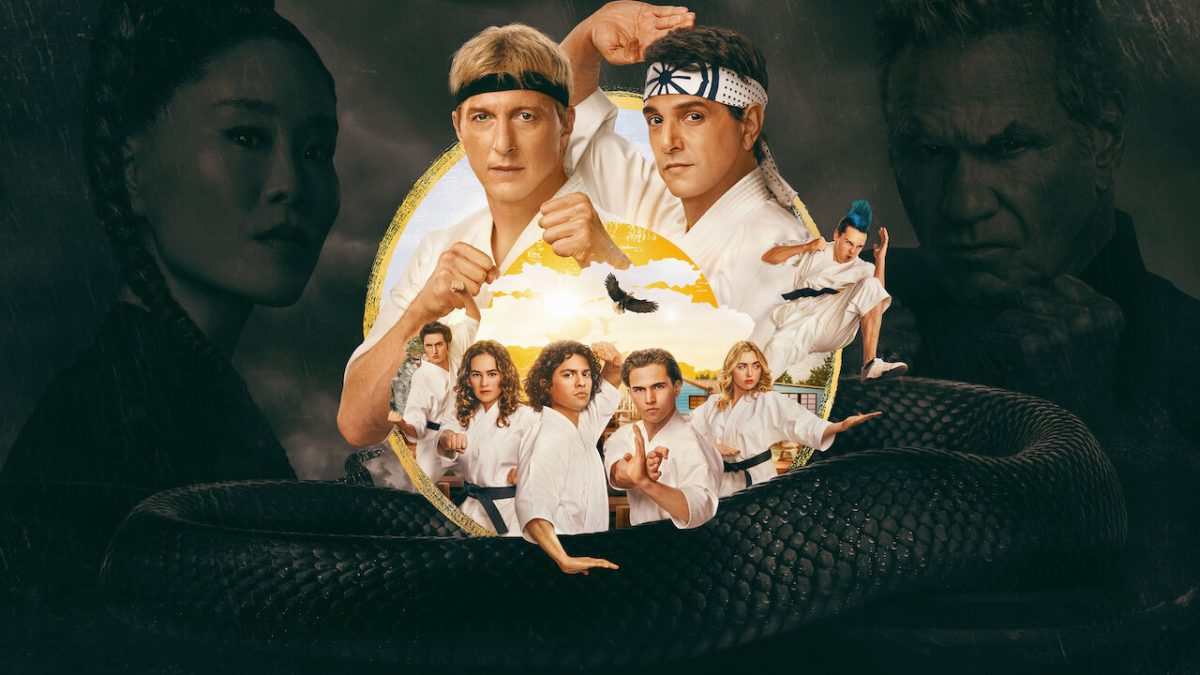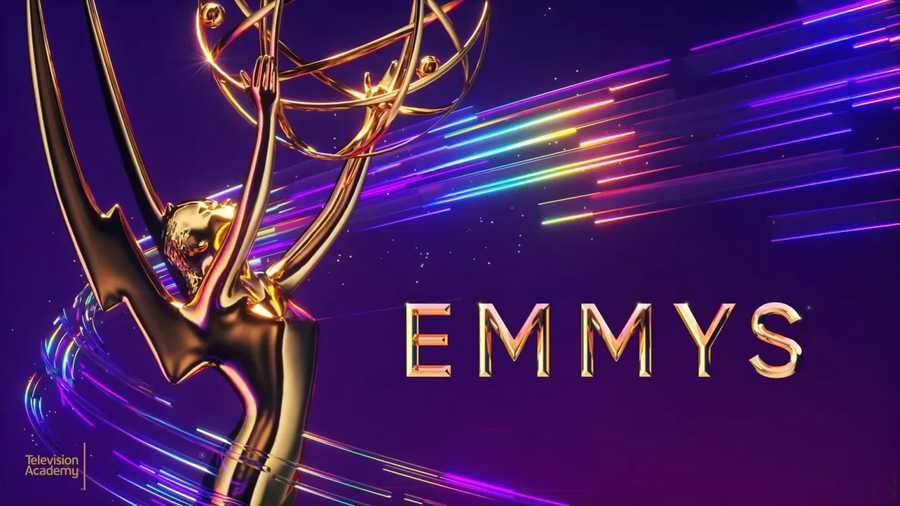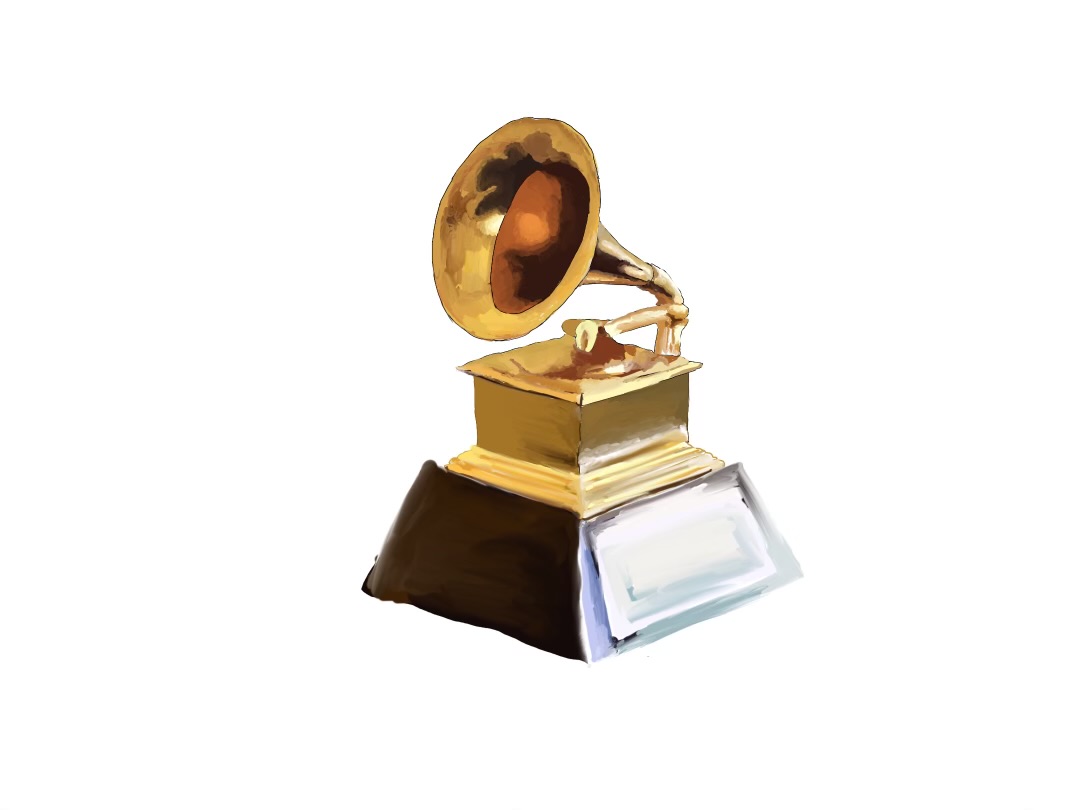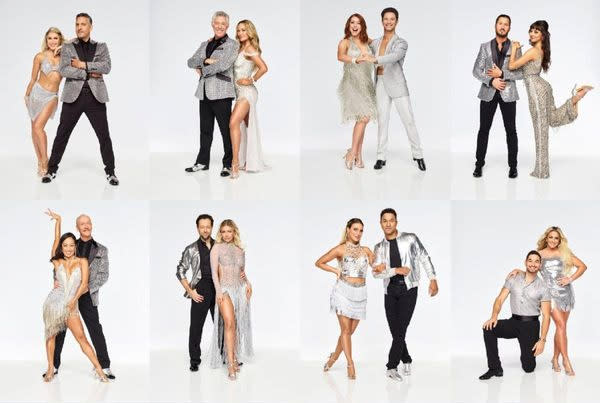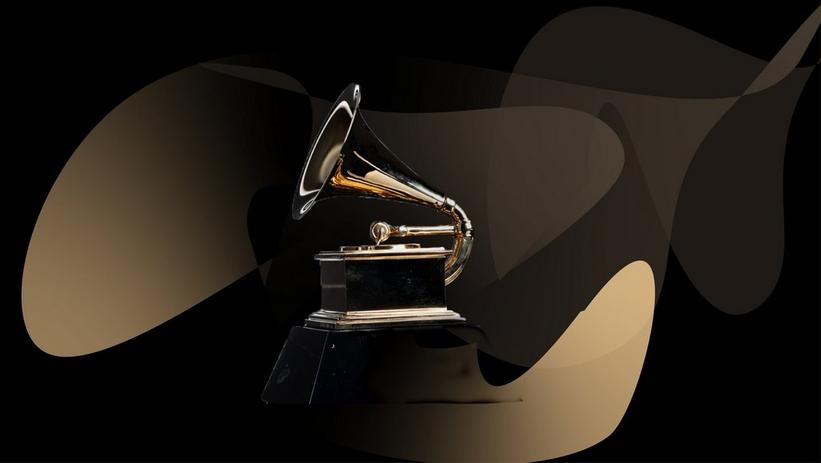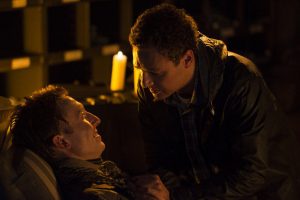
If one takes a snapshot of the last century, in terms of society’s acceptance of sexualities that vary from the previous singular “choice” of heterosexuality, the United States has advanced quite a bit. General societal acceptance and legality–36 states have legalized gay marriage– have begun to favor other sexualities, specifically homosexuality. Many people argue that said acceptance has been fully achieved as homosexual relationships may be seen in many aspects of media, however the response to this presence within television for instance may exemplify the exact lack of acceptance our country has yet to overcome.
The presence of gay couples on television began in less popular soap operas and were seen as yet another controversy stirring characteristic of the genre which its viewers ate up as usual. Since this particular growth in presence, the normalcy of homosexual couples or otherwise on television has grown substantially. Various dramas, thrillers, and comedies have embraced the presence of relationships other than heterosexual ones–as this is much more representative of a realistic society. However, presence does not translate to acceptance and the variance in audience reactions to gay kisses and relationship exemplify that in terms of acceptance versus homophobia, our culture still has a long way to go.
Homosexual couples on television shows range in genre, as well as audience age range. Not surprisingly, the least backlash and controversy comes from preteen or teen audiences for shows such as “Pretty Little Liars” (ABC Family), “The Fosters” (ABC Family), and “Teen Wolf” (MTV). As homosexuality has become normalized–as it should be–it has in turn become normalized within all genres of television, to an extent that is.
Perhaps one of the most prevalent milestones in acceptance of differing sexuality on television was the triumph of Ellen DeGeneres. On her 1998 sitcom Ellen, the main character (Ellen DeGeneres) comes out to her therapist (Oprah Winfrey) in a scene meant to parallel Ellen’s true coming-out. Unfortunately, in response to the revelation that Ellen is gay, the sitcom was canceled due to a loss of audience majority. Ironically, she now has a networth of 285 million dollars thanks to her highly popular talk show. In a similarly unfortunate manner–although to a lesser degree–many popular shows of 2015 receive negative audience response or ratings due to an introduction of homosexual relationships
The highly popular drama Empire which premiered January of this year experienced first-hand the shockingly negative response of audiences to gay relations within their show. Writer, director, and producer Lee Daniels remarked that the show’s focus group “ was at a ten until the two men kiss. So at the end the questioner asks, ‘why is it a zero when two men kiss?’ And you knew that the hundred people in the room — a hundred people in the room, most of them, 90 percent, 95 percent of them were heterosexual — didn’t want to admit to their homophobia so they just sort of look at the floor—it’s like not admitting to be a racist…’But can you tell me why you’re at a zero? Why do you go from a ten to a zero?’ Because it’s unaccepted.”
A close comparison to Empire’s controversial situation is AMC’s The Walking Dead. Recently, the show featured a gay couple who shared a kiss upon finding out that one their loved ones were alive. A single kiss, which lead to a drop in ratings and uproar amongst fans. These are fans who can handle seeing a young boy shoot his own mother in the head, but apparently cannot handle a single kiss simply because it is shared by two men. Actor Ross Marquand who plays Aaron, one half of the couple, remarks that “’When you lose someone, or you feel that you have lost someone, it doesn’t matter what the situation is, you mourn them and you miss them and you want them back and you will do anything in your power to protect the ones you love.”
What Marquand is saying in a blunter manner: their characters are displaying genuine human emotion which should not be changed by their sexual orientation. Everyone is human and everyone is the same, regardless of their sexuality. The intolerance of relationship that differ from heterosexuality that still remains in television is merely representative of the intolerance within society as a whole. Until everyone can come to terms with the fact that one’s sexuality is not superior or inferior to another and that we are all equal as humans, the struggle to find an equilibrium of varying sexualities on television, and in return within society, remains.






